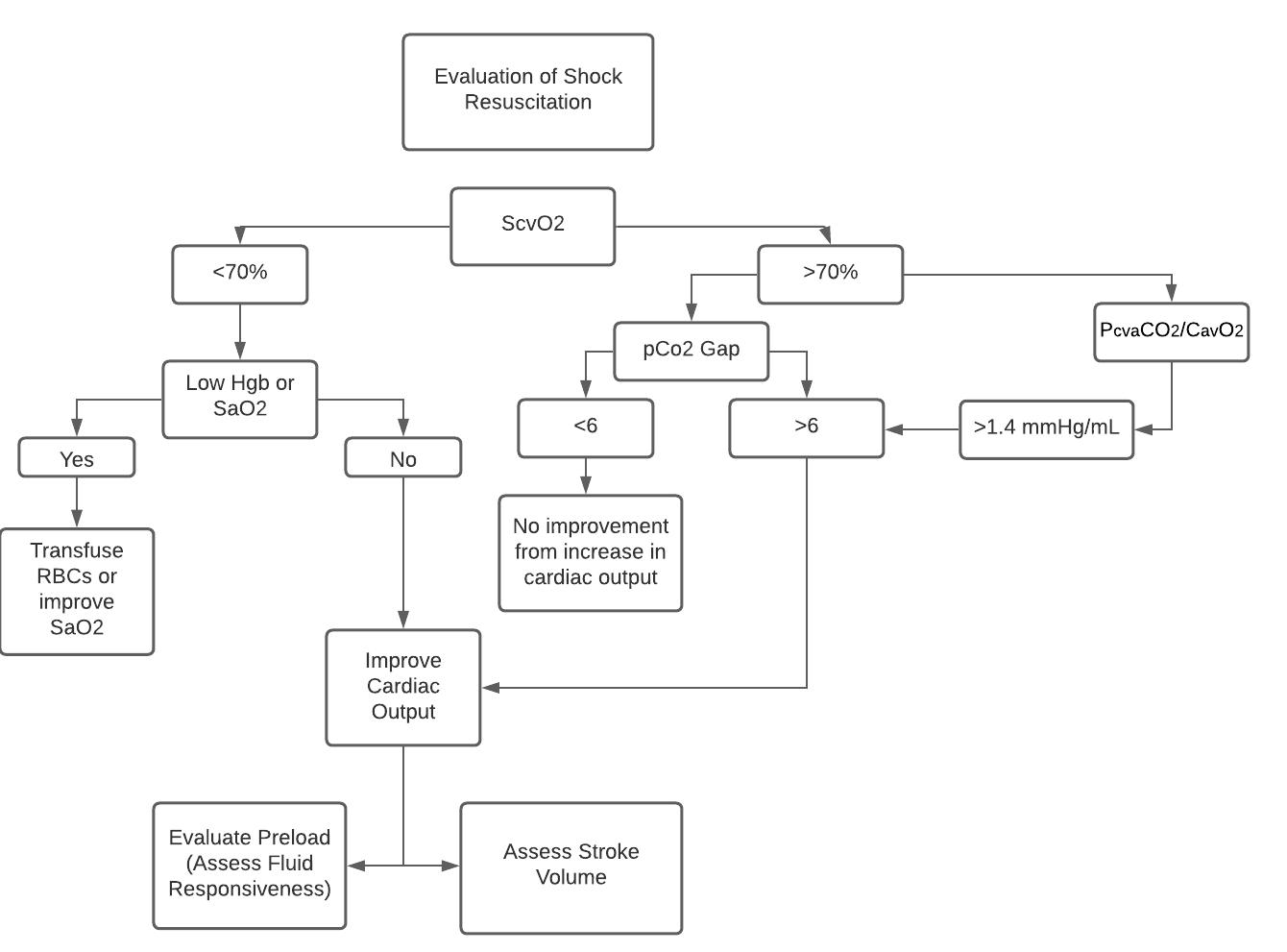AAEM NEWS FROM THE EDITOR’S DESK
The Emergency Physician as Plaintiff Andy Mayer, MD FAAEM — Editor, Common Sense
P
olitical activism in support of emergency medicine can take many forms. Traditionally, political activism by physicians has taken the form of membership in county, state, and national medical societies who lobby various branches of state and national governments related to specific issues and bills, which are pending. Some more involved physicians write or call their state and national elected officials asking for their support or opposition to bills pending in the respective state legislatures or in our nation’s capital. The most active emergency physicians actually donate money directly to candidates and elected officials. They also try and develop a personal relationship with them and hope to become a trusted source of information and opinion related to upcoming health care related issues. AAEM and other medical societies have asked, pleaded, and begged each of you to become involved with frankly a very limited amount of success. This editor’s column in the last issue, for example, implored you to act now to get involved in an effort to stem the loss of standing by our profession in the many issues facing us. These issues include but are not limited to the increased power of corporate management groups and insurance companies and the ever-expanding role of the various forms of Non-Physician Providers (NPPs) in our emergency departments. I understand that it is easy to be discouraged and fatalistic about the prospects for the future for the entire medical profession. The truth is that very few of you will ever be willing to go visit with a state representative or visit D.C. to lobby for AAEM or ACEP. Let’s be honest and ask how many of you read the candidate positions for the latest AAEM election or even took the time to vote? It’s not all doom and gloom. There may be some signs of movement related to physician activism and we still have a little time to change the future of medicine for the better if we act. Think of the issue of global warming. When will be the tipping point when disaster is inevitable? Do we still have some time to change the course of what is coming? There does seem to be a rising sense of anger in the emergency medicine community, which might actually produce some increased activism and produce positive effects. The recent town hall meeting held by AAEM discussing workforce issues in emergency medicine had a significant attendance. Medical societies around the country are currently engaged in their state legislatures fighting independent practice for non-physician providers. Certainly, we need to try and continue using our regular channels for political activism, but now may be the time to change tactics before it is too late. We have had limited success dealing directly with corporate management groups. Trying to convince a hospital administrator or corporate management group or other forces in our lives of the dangers facing the average
“These issues include but are not limited to the
increased power of corporate management groups and insurance companies and the ever-expanding role of the various forms of Non-Physician Providers (NPPs) in our emergency departments.” emergency physician is difficult at best. The bottom line is their deciding factor. The financial bottom line should be important to us as we all live in the real world, but if you are working for a publically traded corporate management group the rate of return for the investor is the real bottom line. The interest of the emergency physician is practically irrelevant despite the fact that all of the income for the company comes from the medical professional services, which you provided while the shareholders were home in bed. The line item on these corporation’s budgets for the salary of the emergency physician is seen as an expensive loss of potential profit. Reducing coverage and increasing the use of non-physician providers makes sense for their bottom line and the safety of the patient takes a secondary priority to the shareholder’s rate of return. Maybe we need to try a different way of making a difference. Remember when we are dealing with elected officials, regulatory agencies, or other entities we are usually dealing with a bunch of lawyers. It might be time to try a more aggressive method of fighting back by using the legal system against these same lawyers as they use it against us. I know that when we even hear about lawyers our fear factor increases and we run
>> 6
COMMON SENSE SEPTEMBER/OCTOBER 2021



















